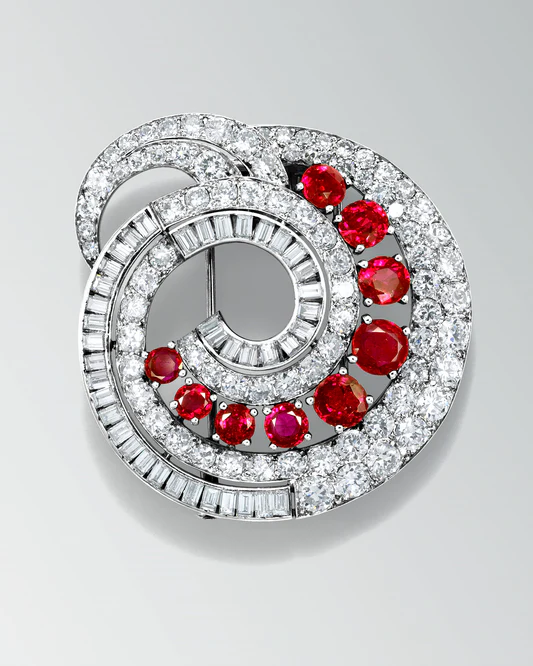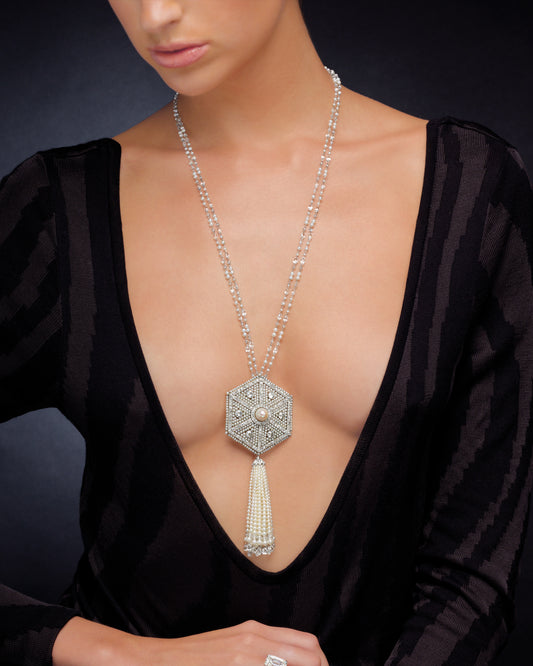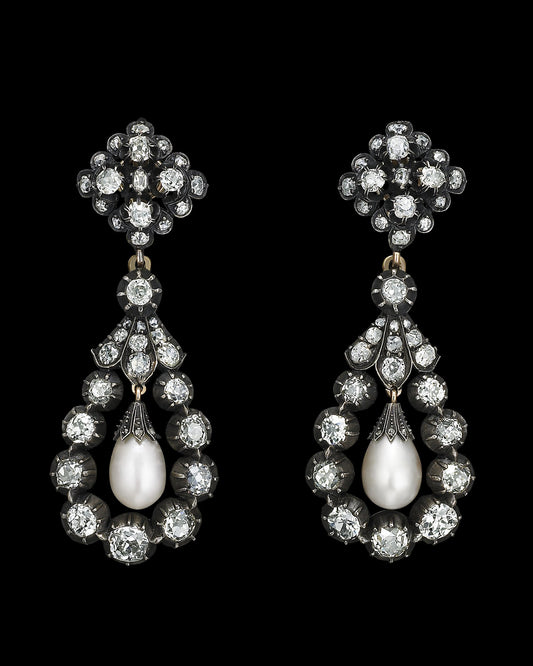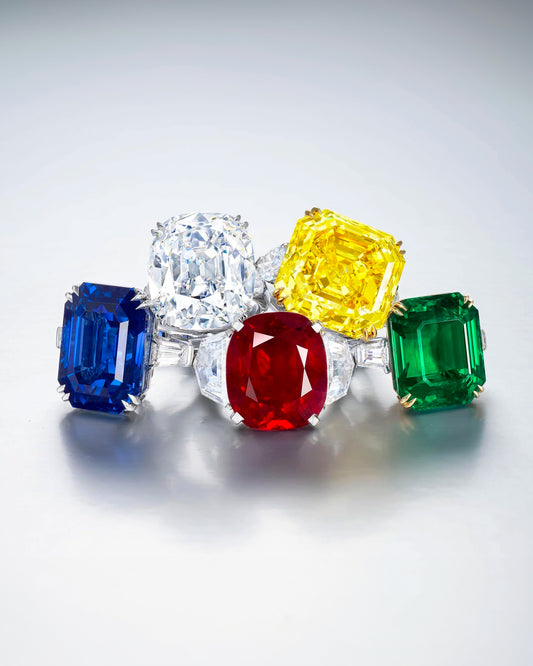
The next stage in your collection journey
Emotional and practical conversations must be had when building a collection of rare jewels. In part one of this series, we discussed how curating a jewellery legacy requires us to understand a collector’s ambitions and aspirations by asking five key questions. In part two, we explore the next five questions which are more pragmatic in nature. As JJ Abram explains, only through the balance of personal and practical can we help our clients create a tailored collection.
Building a jewellery collection requires planning and foresight. While your emotional motivations for acquiring jewellery are important to explore, practical considerations must also be taken into account. These include; budget, storage and timeframe for collecting.
Do you have a collection in an alternative asset class?
Personality plays a significant part in collecting rare gems and important jewellery. We can learn a lot about how and why a collector is motivated through their other alternative assets such as fine art, classic cars, and rare wines. Understanding their collecting habits, mindset, and history helps give us a good idea about their potential approach to rare jewellery. To give you an example, a collector came to visit us shortly after his wedding. He’s a wine aficionado who had spent the previous ten years building his collection. He was the type of collector who enjoyed both acquiring rare wines and drinking them. We have another client who enjoys collecting classic cars which he also likes to drive. Our advice to both of them was centred on collecting suitable pieces that could be worn as opposed to being stored.
How much flexibility is there in your collecting ?
Some collectors have specific collecting requests, whereas others rely upon our expertise to guide them along their journey. For example, one of our long-standing collectors prefers white, D colour, flawless diamonds, particularly five-carat round brilliant-cut stones and ten-carat emerald-cut, oval- and pear-shaped diamonds. On the one hand, we are led by the collector but our role here is also to provide quality control as not all diamonds are created equal, regardless of what the certificate says. It is our task to provide the best diamonds in the best category at the best price. At other times, collectors come to us with more flexibility within categories, for example, estate jewellery, but with limited direction - they’re only looking for pieces from the Art Deco period. Collectors interested in this type of jewellery benefit from our expertise and can tap into our knowledge. For example, the value in signed versus unsigned pieces.
25 carat Round Brilliant D Flawless Diamond
What is the timeframe for building your collection?
Generally, you have two types of collectors; either someone who wants to build a collection over a long period of time or someone who is looking to build an instant collection. We have experience and depth of inventory to be able to work with both but, in our opinion, it’s better to collect over time as your tastes and preferences may develop and change.
Art Deco Sapphire and Diamond Bracelet by Lacloche, circa 1920
What is your budget for building your collection?
Budget must be part of the collecting conversation from the very beginning. At Ronald Abram, we always advise approaching us with a figure in mind rather than a price range so we can guide your acquisitions accordingly. We also advise striving for the best-in-category. This may mean purchasing a smaller stone of a higher quality. Or, perhaps acquiring a vintage piece that’s the finest example of its kind, regardless of whether it is signed or not. By taking this advice, our collectors’ acquisitions maintain their desirability and value over time.
The Ronald Abram 7.34 carat Pink Diamond
Do you have a secure place to store your collection?
A jewellery collection is often a legacy prepared for children and grandchildren. A good safe and proactive security practices will ensure this transmission from one generation to the next is protected. When collectors come to us, we advise that their acquisitions are securely stored in a safe bolted to the wall or in a bank safety deposit box. As part of that relationship, we often assist our clients in ordering and installing professional grade safes in their homes. We also provide strategic advice on how to travel with significant pieces. It’s all part of our work as advisors and our clients’ journey as collectors.










